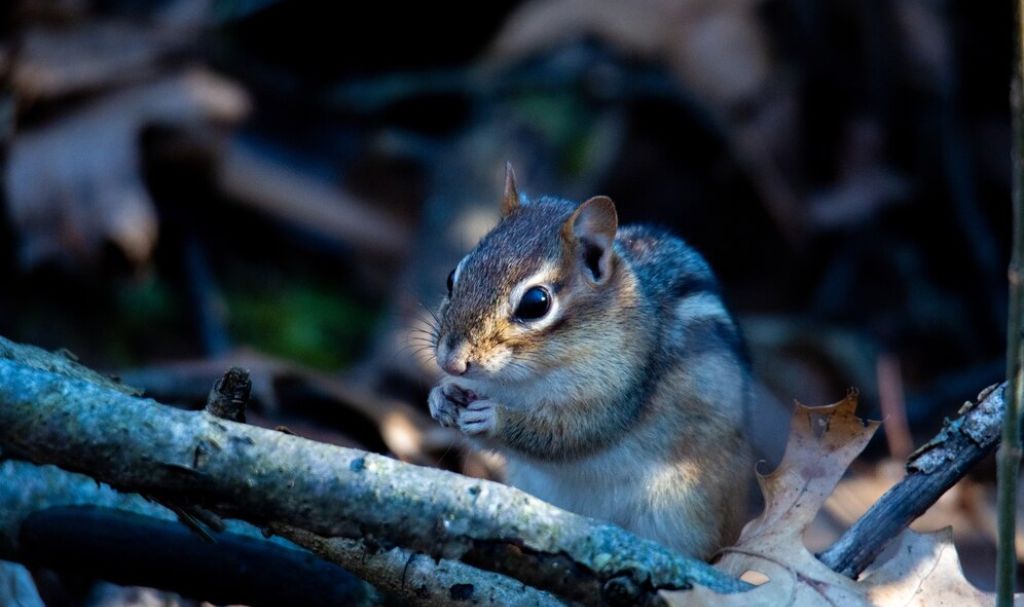What Are the Penalties for Wildlife Violations in NC?
14 April 2025
5 Mins Read

toc impalement
Various species of wildlife live in North Carolina, and the state has specific regulations and laws to preserve its natural resources. According to NCpedia, the state has close to 1,270 mammals, bird, reptile, fish, amphibian, and mollusk species.
If you are fishing or hunting, you are also well advising to watch N.C. wildlife violations. Such as hunting without a license, possessing covering wildlife, using prohibiting bait, or possessing the wrong gear.
You should be familiar with these infractions so that you don’t end up in hot water in the eyes of the law. Breaking these state regulations can result in jail time and the loss of your right to hunt and fish.
This article will present the penalties for wildlife crimes in North Carolina.
Overview of North Carolina Wildlife Crimes

To preserve the peculiar nature and wildlife of North Carolina, follow the state wildlife laws carefully.
Wildlife crimes range from poaching to bag limit abuse to harassment of protected wildlife. Environmental conservation and biodiversity sustainability norms are significant regulations protecting a nation’s natural state and animals.
If you are hunting or fishing, you ought to be aware of the laws and regulations instituted by the state.
The policies must write clearly so that people are prompted to get involve in the conservation process and refrain from any illegal activity that would ultimately harm the community’s wildlife.
Keep in mind that ignorance of the law is no defense. You can be arrested for violating the law even if you have no idea about it.
Adhering to North Carolina’s wildlife laws guarantees the preservation of the local environment, scenic places, and wildlife for generations to come.
Dealing With Wildlife in the US?
There are several businesses that you can start with wildlife in the United States,
- Wildlife Tour Guide
- Wildlife Landscaping
- Environmental Education Workshops
- Wildlife Photography
- Wildlife Rescue/Sanctuaries
Wildlife Violations Penalties: Types of Wildlife Violations and Their Consequences
You can find more about North Carolina’s role in protecting wildlife from wildlife violation studies.
Trapping or hunting the species under protection or hunting/trapping within the facility is prohibited and includes all wildlife in North Carolina.
Abuse of angling gear or angling out of season is also a trespass. All such activity during inspection or investigation can result in equipment seizure and criminal prosecution.
1. Hunting or Fishing without a License
One of the most common wildlife charges that North Carolina imposes is on fishing and hunting without a license.
If you are 16 and over in North Carolina, then you require a proper license for either hunting or fishing on any public land.
If you fail to have a license, then the impact can be grave. A suspension of your ability to fish or hunt and even jail time in certain cases.
The only two exceptions to the license requirement are:
- You don’t require a license to fish or hunt on your own property.
- You won’t require a license if you are an active military member and serving outside of North Carolina and here for a leave.
2. Hunting Over Bait
While on one hand North Carolina allows hunting for certain animals with the use of bait, on the other hand it doesn’t allow hunting of certain animals while using bait.
For example, it is considered illegal to use things like corn, salt, apple, and peanut butter as bait while hunting for deer.
At the same time using any bait while hunting for animals such as turkey, bear, or any type of migratory birds are illegal and a violation of the state law. So, it is important to know where you are hunting, because under the law a particular area is considered as baited, if there is any bait within 10 days.
3. Boating Law Violations
The authority to police and monitor the waterways of North Carolina are given to the wildlife officers. Unlike any traffic violation, for which a reasonable suspicion is required to stop an individual.
The North Carolina wildlife officers, boating officers and any other law enforcement agents can easily stop a vehicle or vessel at any point for violations, safety checks and any other violations and investigations.
Wildlife Violations Penalties: Fines and Criminal Penalties for Violators
You can be charged with hefty fines and penalties if you are apprehending violation North Carolina wildlife law.
In addition to wildlife resource depletion, the penalty may comprise graduated, explicit fines ranging from a few hundred dollars to over a thousand dollars. Depending on the extent of the violation. A no-bag limit or license coverage can earn you $1,000 in fines.
Serious infractions, such as poaching or hunting endangered species, can result in an arrest and court indictment of a felony.
The charges include significant fines and lengthy prison terms. Courts can also issue extra restitution to animal welfare agencies for any ecological harm caused.
These fines include a monetary penalty, can result in a criminal record, and can affect future business with wildlife agencies.
Effect on Hunting and Fishing Permits
Violating hunting and wildlife conservation laws can affect your hunting and fishing activities in North Carolina.
Violating hunting and fishing bans can suspend or revoke your hunting or fishing license, barring you from hunting or fishing for over a month or a season, depending on the seriousness of the infraction.
Another negative impact of breaking wildlife laws is that it can be difficult to obtain licenses in the future. Especially if your past is scrutinized.
Compliance with Wildlife Laws is a MUST for Agencies
Compliance with wildlife laws is not just a requirement by statute; it is also very important in assisting North Carolina in maintaining its natural resources.
By abiding by the state wildlife laws, you are helping to preserve the equilibrium in the local environment. Every one of us has a vital role in helping preserve the healthy wildlife and diverse habitats of North Carolina.
Observing state wildlife laws helps to conserve local endangered species populations and allows for ethical and sustainable fishing and hunting.
Responsible recreation promotes the well-being of trees, animals, birds, and other life forms in the natural habitat.
Responsible recreation requires respect for wildlife and its habitat. Disobedience can result in severe punishment and the loss of precious local resources.

















